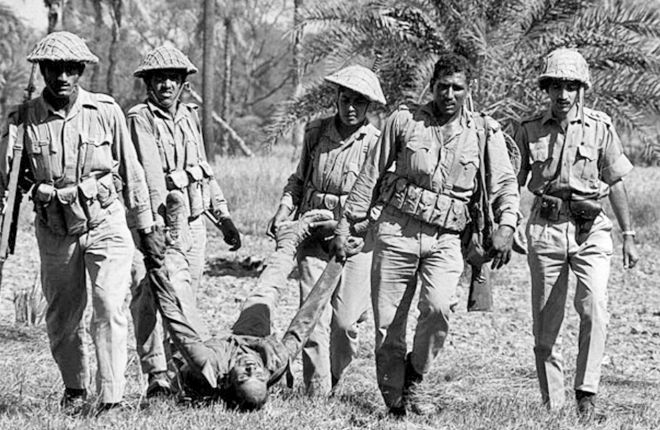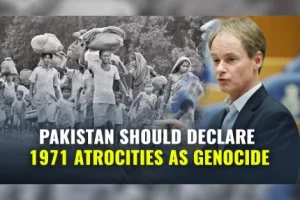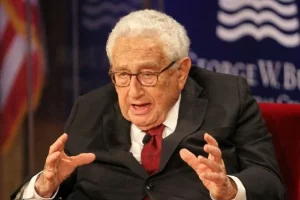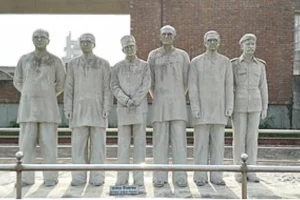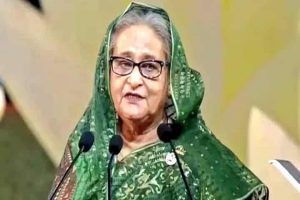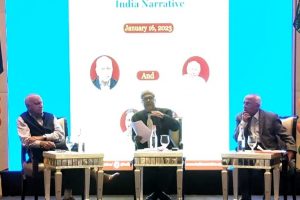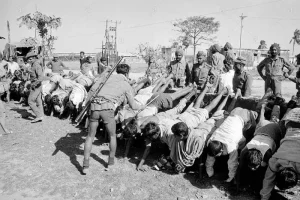Former member of the Dutch parliament Harry van Bommel plans to file a petition in the Netherlands parliament about the genocide on Bengalis carried out by the Pakistani Army during the 1971 Liberation War. He also urged the Bangladeshi diaspora to take up the issue of the genocide with foreign missions and Bangladesh embassies.
Bommel, who is a Dutch human rights activist, led a European delegation to Bangladesh to understand more about the genocide and the 1971 Liberation War. The team is a part of the European Bangladesh Forum (EBF), which has been raising the genocide issue in Bangladesh that remains neglected by the world, reports The Daily Star.
Former lawmaker of the Netherlands Harry van Bommel yesterday urged Pakistan to formally declare the atrocities it committed during the #LiberationWar as #genocide.#Newsupdate #Interanationalhttps://t.co/jP78pUvUNL
— The Daily Star (@dailystarnews) May 26, 2023
Bommel said that he will also arrange for witnesses to testify before the Dutch parliament. He also urged Pakistan to formally declare the atrocities committed by the Pakistani Army as a genocide. He added that, “it should be wise for the Pakistani government to come to terms with reality and … formally declare that there was a genocide in 1971”, reports the Bangladesh newspaper.
Speaking with journalists on his Bangladesh trip he said that Pakistan’s actions in East Pakistan were not a massacre but a genocide, which has been confirmed as a genocide by international organisations using empirical methods based on UN criteria.
The Dutch activist is accompanied by genocide scholar Dr Anthonie Holslag and political analyst Chris Blackburn also gathered more information on the ethnic brutalities committed by the Pakistani Army in erstwhile East Pakistan. The delegation met with a wide cross-section of people who hold memories of the genocide – victims, witnesses, researchers, academics and even government representatives.
The delegation plans to take up the cause of genocide victims before the media in the UK and the Netherlands.
Justice delayed is justice denied.
We all need to right the wrongs of 1971.@ConfluenceBD
— Chris Blackburn (@CJBdingo25) May 27, 2023
The genocide of the Bengalis by the Pakistani Army is one of the darkest chapters in the history of Bangladesh in which the army inflicted the most brutal repression on its own citizens through torture, killings and rape in East Pakistan.
The Bangladeshi government has been insisting at global meets that Pakistan offers an apology for its war crimes during the 1971 war and the killings of Bengalis. Islamabad has, however, not paid any heed to the repeated pleas from Dhaka.
As recently as February, Bangladeshi Foreign Minister AK Abdul Momen conveyed to Pakistani State Minister for Foreign Affairs Hina Rabbani Khar in Sri Lanka that Pakistan “should formally apologise” for the atrocities against unarmed Bengalis in 1971. Pakistan has been making overtures to Bangladesh to improve relations but the government under Prime Minister Sheikh Hasina has reinforced that a public apology on the genocide has to be made first.
The government has declared March 25 as National Genocide Day and has a dedicated ministry – Bangladesh Liberation War Affairs, headed by AKM Mozammel Haque.
There has been an upsurge in interest over the Pakistani Army’s war crimes in the 1971 war that created Bangladesh as a separate nation. Last year Congressmen Ro Khanna and Steve Chabot introduced a resolution in the US House of Representatives declaring the Pakistani Army’s action against Bengalis and Hindus during the Liberation War of Bangladesh as a “genocide” and “crime against humanity”.
Also read: 1971: The Apology question and Pakistan’s army museum






